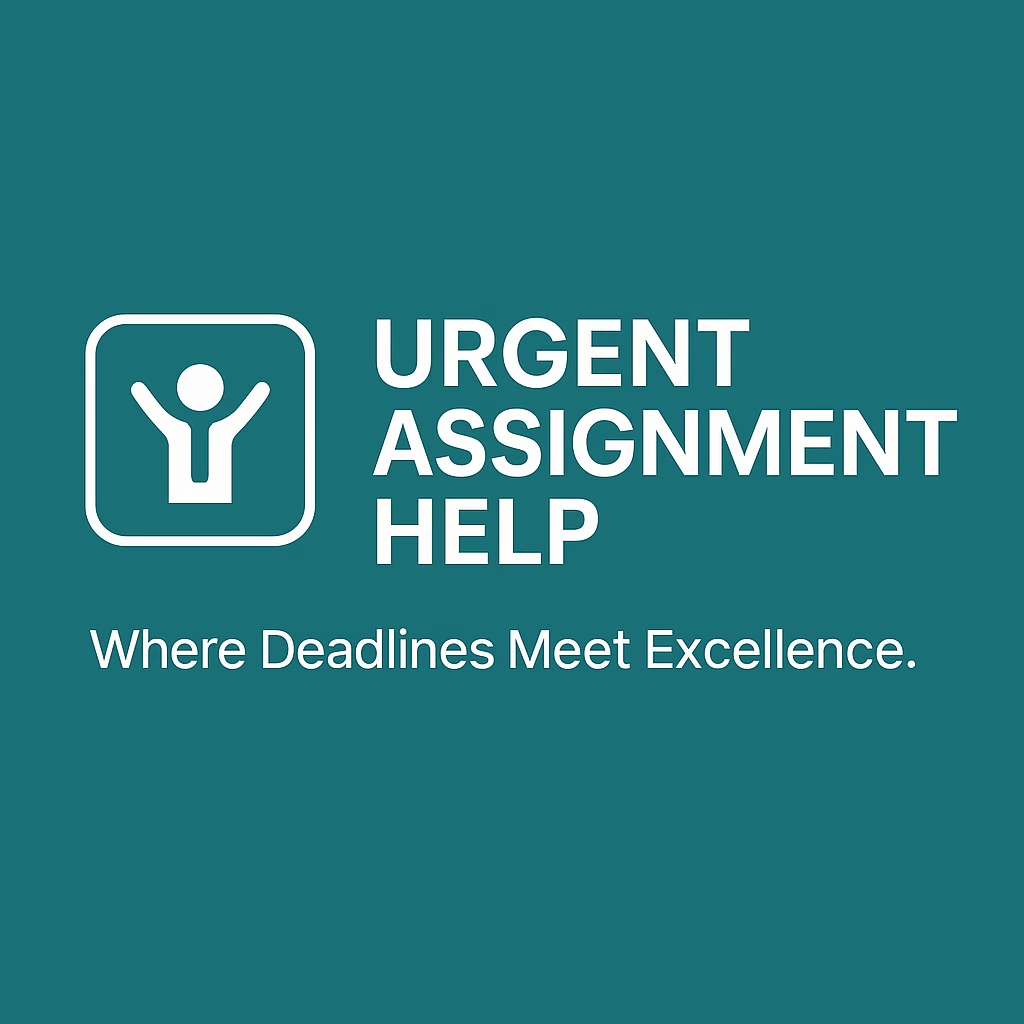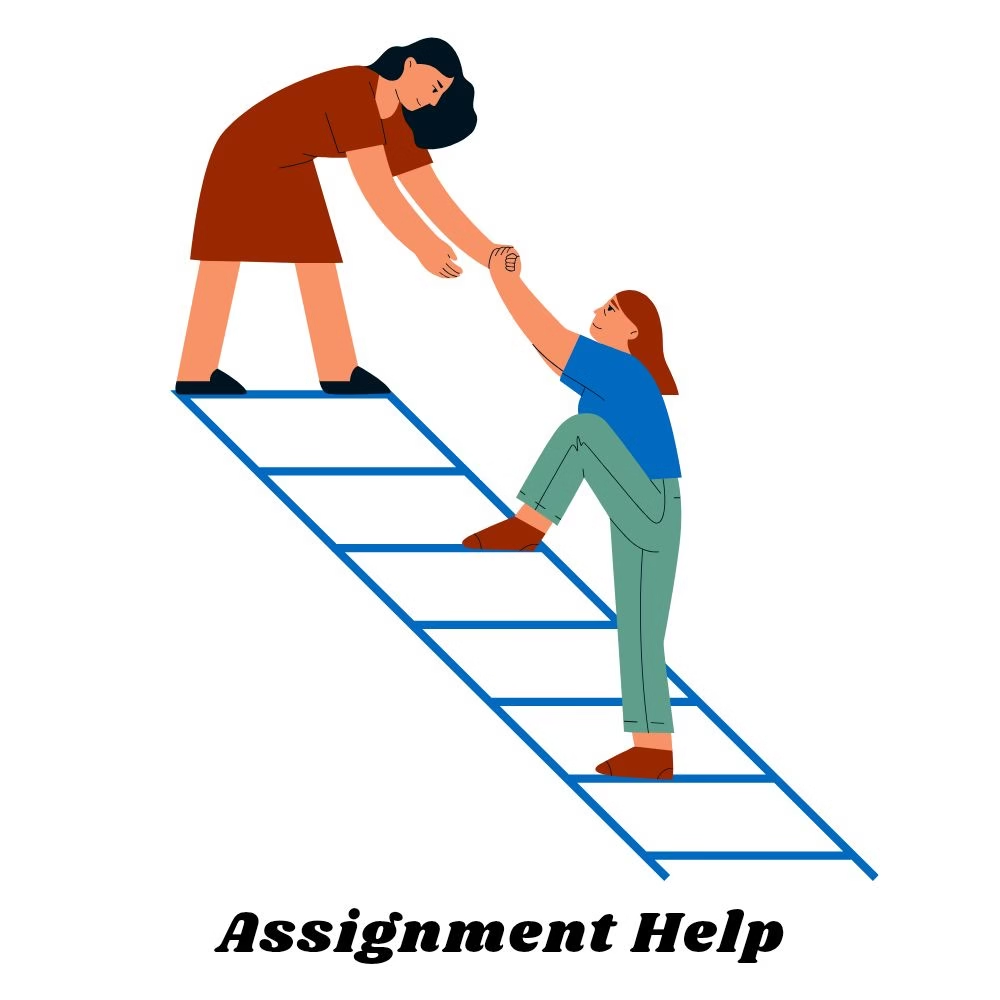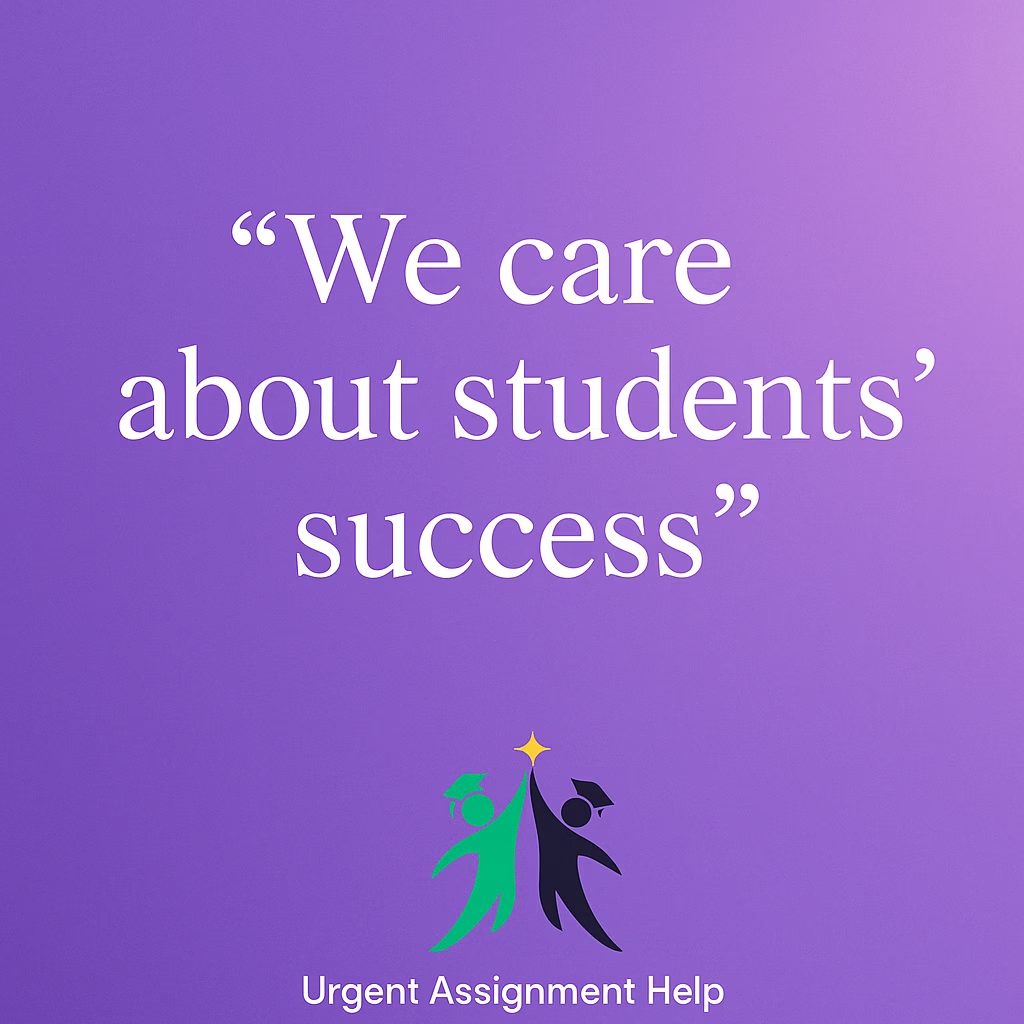A teacher’s guide for students in the UK who want to write better, smarter, and more confidently
Introduction: The Cost of Small Mistakes in Academic Life
For most students, assignments are more than just written tasks — they are the bridge between understanding and grades, effort and outcome. Yet, too often, even bright students lose marks not because they don’t know the subject, but because they overlook essential elements of academic writing.
As someone who has worked closely with students across various UK universities, I can tell you this: it’s rarely a lack of intelligence that causes low grades. It’s avoidable mistakes — some subtle, some glaring — that make the difference between a 2:2 and a First. In this guide, I’ll walk you through the most common assignment errors I’ve observed over the years, and offer clear, actionable ways to fix them. Whether you’re writing essays, reports, case studies, or reflective pieces, this will help you think, write, and submit like a scholar.
Mistake 1: Misreading or Ignoring the Assignment Brief
The assignment brief is your academic contract. It defines what you are expected to deliver. But unfortunately, many students either skim it or assume they understand it without close reading. This leads to writing that may be interesting but off-topic — and tutors can only grade what’s asked, not what’s offered.
To avoid this, treat the brief like a blueprint. Read it carefully, preferably more than once. Break it down. Ask yourself what the verb is asking you to do — is it to analyse, evaluate, compare, or reflect? Make sure you understand the topic, the expected structure, the word count, and the referencing requirements. If anything is unclear, reach out to your tutor. Clarifying one sentence now can save your entire grade later.
Mistake 2: Starting Too Late and Rushing the Process
Leaving your assignment until the last moment is a trap that even the most capable students fall into. Under pressure, your brain can’t process complex ideas, nor can you write analytically. Rushed assignments often lack structure, depth, and clarity — and they usually come riddled with spelling and grammar errors.
Good academic writing takes time. Research needs breathing space. Critical thinking can’t be rushed. My advice? Begin the day you receive the brief. Even if it’s just reading or gathering sources, small efforts daily lead to big results. Build a schedule around your deadline — plan for research, outlining, writing, editing, and final proofreading. This not only improves quality but also reduces stress dramatically.
Mistake 3: Writing Without a Clear Structure
Academic writing isn’t just about what you say — it’s about how you present it. A well-structured assignment reads like a guided tour. The reader — in this case, your tutor — should know where they are, where they’re going, and why it matters.
Many students submit papers that have all the right ideas but no order. Paragraphs jump between concepts. Arguments aren’t developed. The conclusion appears abruptly, like an afterthought. The fix is simple: begin with a plan. Decide what your introduction will cover. Map out the main points of your body paragraphs. Each paragraph should focus on a single idea, supported by evidence, and should flow naturally into the next. Finally, ensure your conclusion restates your main argument and summarises your key points without introducing new material.
Mistake 4: Plagiarism and Over-Reliance on Sources
Plagiarism isn’t always intentional. Many students paraphrase poorly, forget to cite, or misunderstand what counts as common knowledge. But universities treat it seriously — penalties range from grade reductions to disciplinary action.
The key is to understand the difference between borrowing and stealing. Academic writing thrives on sources, but your voice must guide the discussion. Learn to paraphrase effectively, not just swap words. Always cite your sources, whether you’re quoting directly or summarising ideas. And most importantly, reflect on what you’re citing. Why does this author matter to your argument? How does their evidence support your claim?
If you’re ever unsure, run your draft through a plagiarism checker or seek feedback from a tutor. Plagiarism-free assignment help is also available if you want a second set of eyes on your work before submission.
Mistake 5: Incorrect Referencing Style or Inconsistency
Referencing may seem like a tedious detail, but it reflects academic discipline. Tutors notice it — and so do markers looking for easy deductions. Many students lose marks for mixing APA and Harvard, misplacing commas, or forgetting to list sources in the bibliography.
The solution is to pick a referencing style (based on your course requirement) and learn its rules. Tools like CiteThisForMe, Mendeley, and Zotero can help you manage and automate your citations. However, don’t rely on them blindly — always cross-check with your university’s guide. And never leave referencing to the end. Build it as you write, so you’re not scrambling for page numbers and source details during final edits.
Mistake 6: Making Unsupported or Weak Arguments
A well-written paragraph without evidence is like a building without a foundation — it looks okay, but it collapses under scrutiny. Some students make broad claims without proof. Others insert quotes without context, hoping they speak for themselves.
Every academic argument should be backed by credible evidence. That means peer-reviewed journals, published books, and reliable data. Don’t just say “Students face stress during exams.” Show it with statistics, case studies, or academic commentary. But remember — don’t overload your work with quotations. Your voice must lead, while the sources support.
Aim for a balance: explain the idea, support it with evidence, then analyse that evidence. This is what tutors look for when they grade “critical thinking.”
Mistake 7: Grammar, Spelling, and Sentence Clarity
Even brilliant ideas lose their shine when wrapped in poor grammar. Run-on sentences, misplaced commas, and confusing syntax can all reduce the impact of your writing. Worse, they make your work hard to read — and no tutor appreciates decoding a paper that should be clear.
Take grammar seriously. Use tools like Grammarly or Microsoft Editor, but don’t rely on them entirely. Read your assignment aloud. You’ll catch awkward phrasing, missing words, and unnatural sentences. If English isn’t your first language, consider hiring an assignment proofreading service or working with a writing mentor.
Great writing is clear, precise, and readable. That’s not about using fancy words — it’s about using the right words.
Mistake 8: Overusing Passive Voice
Academic writing traditionally values formality, but that doesn’t mean it has to be lifeless. Many students use passive voice excessively, thinking it sounds more professional. In reality, it makes writing vague and indirect.
Let me show you the difference.
Passive: “It was found that students struggle with time management.”
Active: “Researchers found that students struggle with time management.”
See the difference? The active sentence is clearer and stronger. Use passive voice only when the subject is unknown or unimportant. In most academic writing, especially undergraduate work, active voice improves clarity and flow.
Mistake 9: Skipping the Editing and Proofreading Stage
Submitting the first draft is one of the riskiest moves in student life. No matter how talented you are, your first version will have rough edges. It might have logical gaps, repetition, unclear ideas, or simple grammar errors.
Professional writers — even professors — revise multiple times. So should you.
Once your draft is done, take a break. Then return with fresh eyes. Read slowly, one paragraph at a time. Does it make sense? Does it support your thesis? Are your sources cited correctly? Tools like Hemingway App can help check readability, while Grammarly flags grammar and spelling.
And if your assignment carries serious weight — like a dissertation or final-year project — consider getting professional editing help. It’s an investment in your own success.
Mistake 10: Submitting Without Backups or Confirmation
It may sound basic, but you’d be shocked how many students lose their work to tech failures. Laptops crash. Files get corrupted. University portals time out. If you only have one saved copy of your assignment, you’re playing a dangerous game.
Get in the habit of saving your work in multiple places — Google Drive, Dropbox, or an external USB. Before you hit “submit,” double-check your file format. Once uploaded, screenshot your confirmation page or email.
It’s a simple habit that could save your grade.
Final Thoughts: The Road to Academic Mastery
Making mistakes is part of learning. But repeating them — especially when the solutions are this clear — is not necessary.
Every assignment is an opportunity to improve. With proper planning, structured writing, critical analysis, and careful editing, your grades will reflect your hard work. If you’re still struggling, there’s no shame in seeking support. Today’s students juggle coursework, jobs, and life. That’s a lot. Academic support exists to guide you, not replace your effort.
So whether you’re starting your first assignment or preparing for final-year submissions, let this guide remind you: excellence isn’t about perfection. It’s about awareness, practice, and thoughtful growth.
And now you’re ready for it.
Need Help?
If you’re ever in doubt, or up against a deadline, know that professional academic support is just a click away. At Urgent Assignment Help, we offer:
- Custom-written, plagiarism-free assignments
- Subject-specific support in nursing, business, law, and IT
- Editing, proofreading, and last-minute academic help
Because sometimes, the smartest thing a student can do — is ask.




Thank you for your sharing. I am worried that I lack creative ideas. It is your article that makes me full of hope. Thank you. But, I have a question, can you help me?
Thanks for sharing. I read many of your blog posts, cool, your blog is very good. https://accounts.binance.info/kz/register?ref=K8NFKJBQ